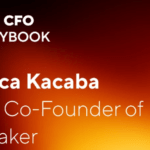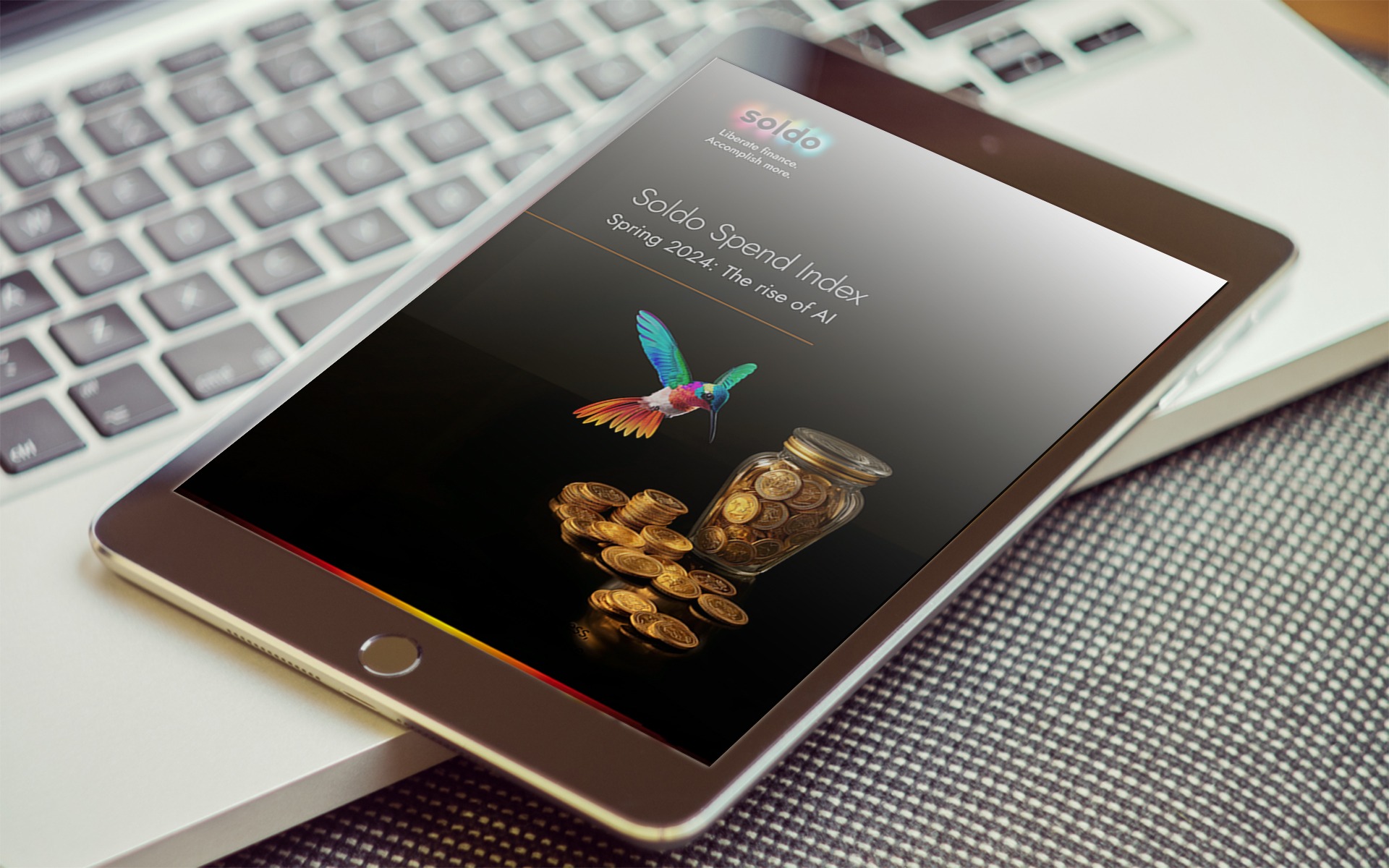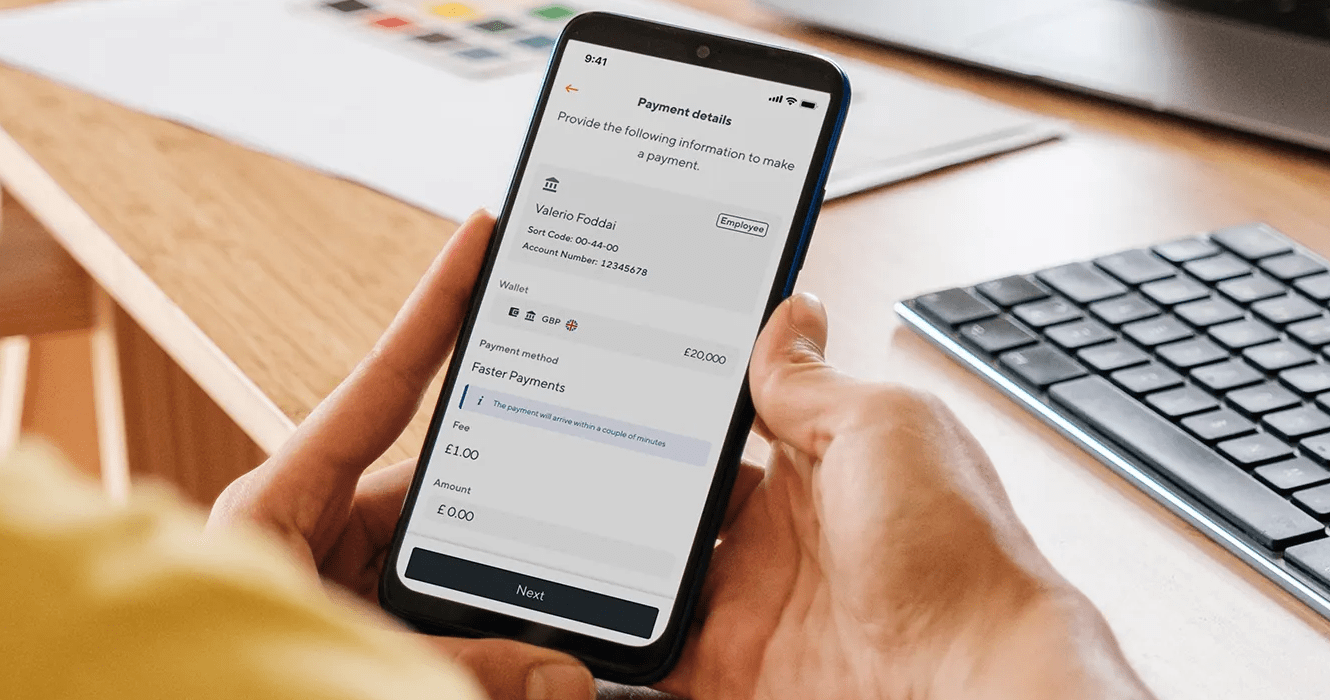Watch now: How to lead a record Series C round
Bringing 20 years of fundraising experience to Soldo
Dynshaw Italia has been CFO and COO in several fast-growing start-ups and scale-ups. At ebookers, his fundraising experience helped take their turnover of $1M and 5 employees to $1.4BN turnover and 3,000 employees.
At Cobra Beer, his expertise led to the company’s expansion to India. More recently, he was Group CFO at Lebara, one of the largest mobile virtual network operators in the world.
Dynshaw joined Soldo in March 2020, just at the start of the pandemic. Here’s one of the things that drew him to us:
‘There is the added excitement that the product is, in effect, a full-stack CFO support suite. And I get to use it and be involved in the product, which is amazing.’
Soldo gives businesses real-time visibility and cost control through smart company cards with custom limits, and apps to make managing expenses and spending a breeze.
Features such as automated receipt capture and reconciliation, integrations with accounting systems, and the ability to mirror any company structure in the platform, make Dynshaw’s job easier and give him more time to focus on growth.
In this interview with our CFO, we talked about our successful Series C round with him at the wheel, and he shared valuable advice for fast-growing businesses.
What investors want
When we asked Dynshaw what investors look at when assessing a company for such a big investment, he was quick to underline the importance of evaluating market opportunity.
‘This size of the market is key’, he says. ‘Investors always want to back companies that have huge growth potential.’
To find out if a business is in good shape for scaling, investors will also look at revenue models so they can understand your current sources of revenue, as well as your future ones. In this aspect, they scrutinise the following metrics:
- Average revenue per customer, by channel and market
- Your customer acquisition cost (CAC) payback – how quickly your customers return what it cost to acquire them
- The lifetime value of a customer (LTV) in your business, and your LTV to CAC ratio
- Unit economics and gross margins
For our Series C funding, our historical growth, current growth rates, and our positive performance during the pandemic – despite the impact of limited travelling and entertainment on our customers – stood out for investors.
For Soldo, Dynshaw says that ‘in addition to financial metrics, what also helped us was the fact that our product caters to businesses of all sizes, including larger-sized businesses.’
This reflected our wide range of customers, our ability to operate at scale, and ultimately our success in multiple markets. Our competence in preparing for growth was also noted.
A company’s unique qualities will often play a role in the investor’s interest – explore yours well.
Balancing priorities during a funding round
One of the challenges that come with growing a business and preparing for a funding round is ensuring that your operation is running smoothly.
Dynshaw shared that, at Soldo, we managed this by creating a ‘deal team’. This team included a combination of members of our finance team, business development team, and management team.
‘[The deal team] allowed the rest of the business to be shielded as much as possible from the entire fundraising process.’
The team would get together only when strictly necessary, and their time was utilised in the most effective way so they could quickly go back to focusing on our business plan.
This was ‘absolutely critical’, Dynshaw says, because it allowed us to keep performing at the highest level – which matches his belief that hitting your budgeted numbers during this process is key.
Instead of setting your entire management team on this fundraising path, have some members continue to prioritise the business.
Controlling costs while spending to grow
For early-stage growing businesses, you can’t get away from the old saying that ‘cash is king’, because you’re still relying on investment to fund growth. Mix that with a crisis like COVID-19, and cash becomes even more scant.
Dynshaw explained how, even though at Soldo we’ve always been cost-conscious, we ‘decided to use a zero-based budgeting approach, allowing us to really analyse and focus on costs, and spend only on what was needed.’
When we saw the impact of the pandemic on our customers that are highly dependent on travel and entertainment, we took it as an opportunity to expand our use cases and attract new customers.
‘By adapting our business, we were able to create a much stronger platform, capable of dealing with all types of spend.’
This also helped us. At Soldo, we’re able to control costs partly thanks our platform, which we proudly use as a company. Having real-time visibility over spend ensured our people were spending within the ZBB budget that we set up – and that was a really good way of controlling costs.
‘We became the best users of the platform, and that really, really helped us through the process.’
Understanding the complexity of a Series C round
In addition to an increased consideration of the key metrics mentioned by Dynshaw, investors in this phase will need a solid understanding of your business fundamentals and proof of your business’s ability to scale.
This includes looking into:
- Your go-to-market approach
- The quality of your customer base
- Your success in different geographies
You can also expect a lot more due diligence and analysis of information from investors, which will take time to prepare.
And according to Dynshaw, ‘as you raise larger amounts, you need to be prepared and have the stamina to see it through right to the end, especially when deal fatigue kicks in.’
Soldo’s Series C round was a relatively smooth process, which isn’t the norm.
How did we make this happen?
After we prepared all the information we needed to move forward with the round, we brought in an investment bank to help us navigate this process and look over our material.
They also made sure we only met with those who showed the most interest and were more likely to invest, while managing the information flow between investors so that everything was up to par.
Although companies don’t always use investment banks for Series C, Dynshaw states they can be helpful guides and time managers, and ensure you’ve covered all the proof points and historical performance data needed to build investor confidence.
For us, Goldman Sachs went above and beyond in managing and leading this round with us. They supported and advised us, and made this typically rough process much smoother.
Coming out of a Series C round on top
‘Preparation is key.’
When preparing for a Series C funding round, for Dynshaw, this means:
- Getting your documentation ready
- Continuing to work on your business model
- Preparing for your management presentations (including Q&A sessions)
Know your story, the problem you’re trying to solve and the solution you can offer, and why you think you’ll win as a company. Explore your market opportunity and keep track of the metrics that will no doubt be scrutinised by investors.
Your existing investors in Series A and B can also play a big part in raising interest for others, and they’ll have the experience to advise you, too.
Ultimately, as Dynshaw says, remember there are no shortcuts. ‘As a general rule of thumb, fundraising will take longer than you think.’
But staying prepared will get you through it.
As for how you can make the best of it once the round is closed, Dynshaw says every business should prioritise:
- Investing in their product to improve it
- Continuing to invest in people, training them and making new hires
- Expanding geographically
Then, ‘just go deeper and deeper into each channel’. Good things await.






